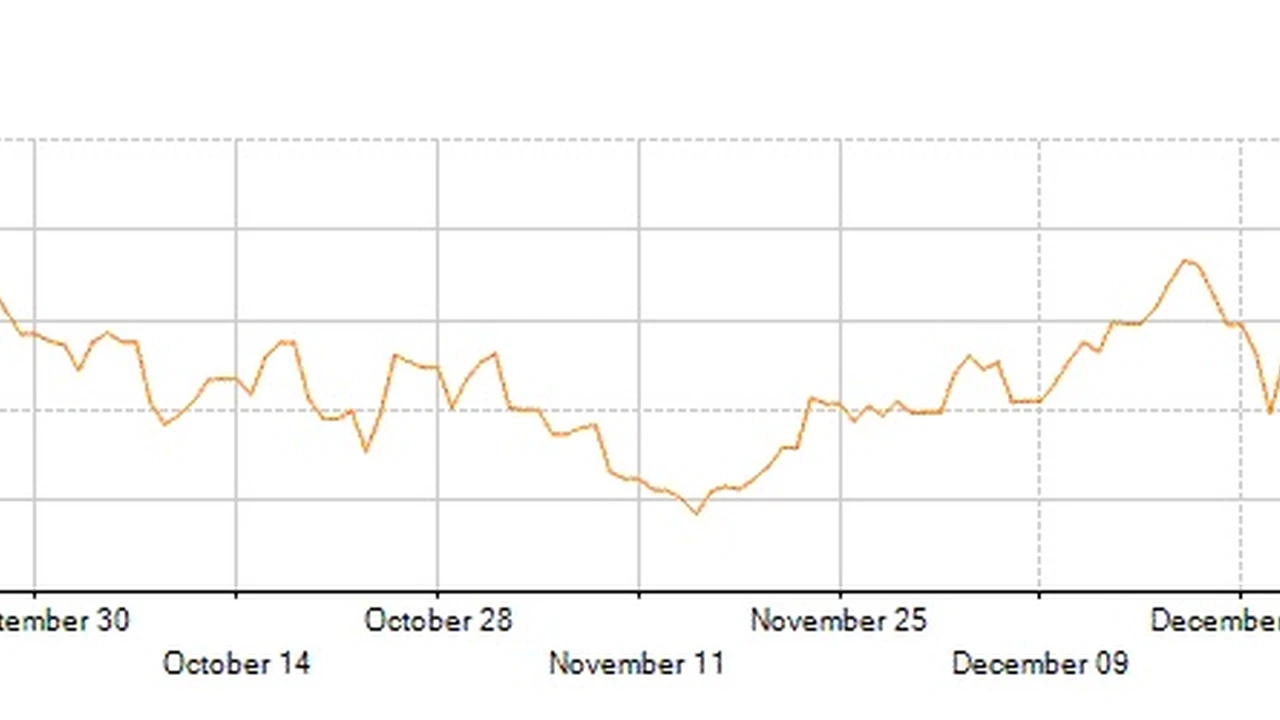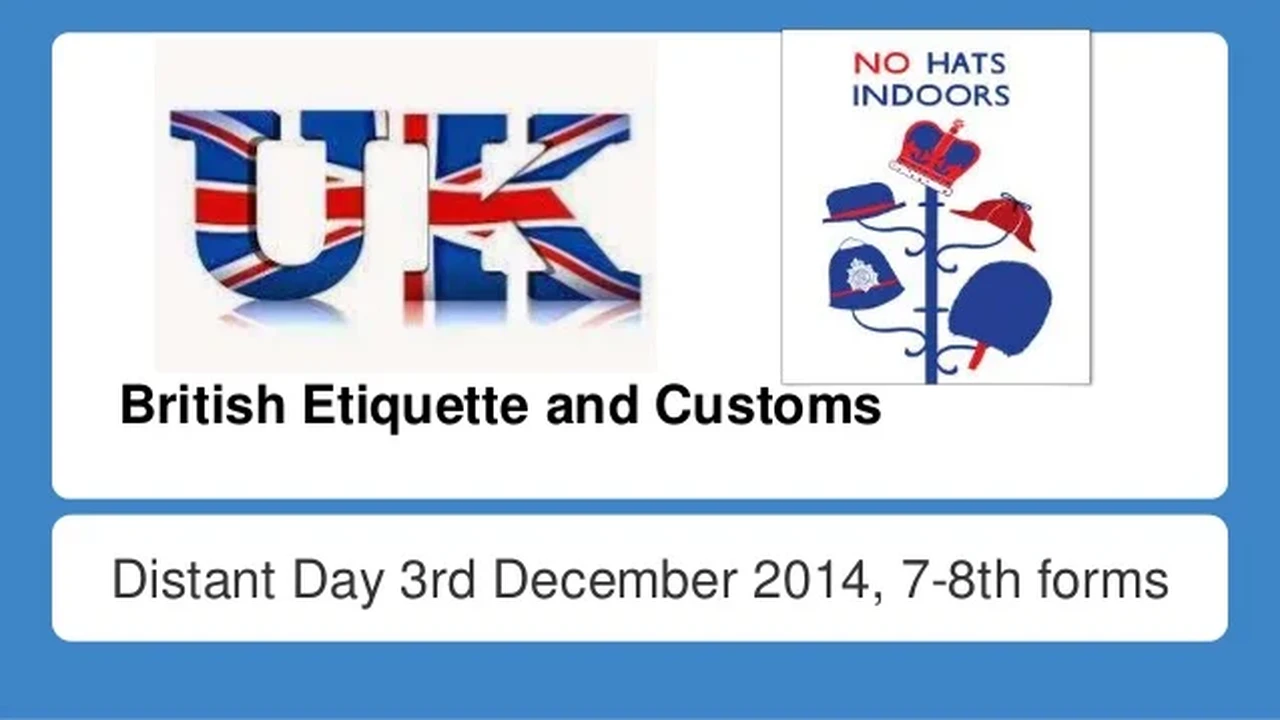Converting Currency: GBP to USD
Sample meta description.

Understanding Exchange Rates GBP to USD: A Traveler's Guide
So, you're off on an adventure, eh? From the charming cobblestone streets of London to the dazzling lights of New York City! That means you're probably wondering about that pesky little detail: money! Specifically, how to convert your Great British Pounds (GBP) into good ol' United States Dollars (USD). Don't worry, it's not as complicated as it sounds. Think of it like learning a new dance move – a little awkward at first, but you'll get the hang of it!
First things first, let's talk about exchange rates. The GBP/USD exchange rate is basically the price of one British pound in US dollars. This number fluctuates constantly, like, *constantly*. It's influenced by a whole bunch of things, from economic news (like interest rate changes or inflation reports) to political events (like Brexit, anyone?). You can find the current exchange rate on pretty much any financial website, like Google Finance, Bloomberg, or even your bank's website. Just search for "GBP to USD exchange rate".
Keep in mind that the exchange rate you see online is usually the "mid-market rate," which is the rate banks use when trading with each other. When you actually go to exchange your money, you'll likely get a slightly worse rate, because the bank or exchange service needs to make a profit. Think of it as the service fee for turning your pounds into dollars.
Best Ways to Convert GBP to USD: A Comparison of Options for Travelers
Okay, so you know *why* you need to convert, but *how* do you actually do it? You've got a few options, each with its own pros and cons. Let's break them down:
1. Banks and Credit Unions: The Familiar Option for Currency Exchange
Your local bank or credit union might seem like the obvious choice, and it can be convenient if you already have an account with them. However, banks often offer less competitive exchange rates and higher fees than other options. It's always a good idea to call ahead and ask about their rates and fees before heading over. Also, some banks might not carry foreign currency on hand, so you might need to order it in advance.
Pros: Convenient if you're already a customer, potentially more secure.
Cons: Often less competitive rates and higher fees, may require ordering currency in advance.
2. Currency Exchange Services: Specialist Providers for Foreign Exchange
Currency exchange services, like Travelex or Currency Exchange International (CXI), are dedicated to exchanging foreign currencies. They often have physical locations in airports, tourist areas, and shopping malls. While they might offer slightly better rates than banks, they can still have hefty fees, especially at airport locations (they know you're a captive audience!). Shop around and compare rates between different exchange services before committing.
Pros: Often readily available in convenient locations, potentially better rates than banks.
Cons: Fees can be high, especially at airports, rates can vary significantly between locations.
3. Online Currency Exchange Platforms: A Convenient and Often Cheaper Alternative
Online currency exchange platforms, like Wise (formerly TransferWise) or Revolut, are becoming increasingly popular. They typically offer much better exchange rates and lower fees than banks or traditional currency exchange services. The process is usually straightforward: you create an account, transfer your pounds, and then receive dollars in your US bank account (or have them delivered to your home). The downside is that it takes a few days for the transfer to complete, so it's not ideal if you need cash immediately.
Pros: Best exchange rates and lowest fees, convenient online process.
Cons: Takes a few days for the transfer to complete, requires a bank account in both GBP and USD.
4. Credit and Debit Cards: Convenient but Watch Out for Fees When Traveling
Using your credit or debit card in the US is super convenient, but be mindful of foreign transaction fees. Many credit cards charge a fee (usually around 1-3% of the transaction amount) for purchases made in a foreign currency. Look for credit cards that don't charge foreign transaction fees – they're a lifesaver! Also, be aware that your bank might charge a fee for using your debit card at an ATM in the US.
Pros: Very convenient, no need to carry large amounts of cash.
Cons: Foreign transaction fees can add up, potential ATM fees.
Choosing the Right Option: Factors to Consider for GBP to USD Conversions
So, which option is right for you? It depends on a few factors:
* **How much money do you need to exchange?** If you only need a small amount, the convenience of using your credit card might outweigh the foreign transaction fees. For larger amounts, online platforms are usually the cheapest option. * **How quickly do you need the money?** If you need cash immediately, a currency exchange service or ATM might be your only choice. If you have a few days to spare, online platforms are a better bet. * **How comfortable are you with technology?** If you're not tech-savvy, a bank or currency exchange service might be a more comfortable option. * **What are your bank's fees?** Check with your bank to see what they charge for foreign transactions and ATM withdrawals. * **What are the exchange rates offered by different providers?** Shop around and compare rates before committing.Recommended Products for Currency Conversion: Cards and Services for International Travel
Alright, let's get down to specifics. Here are a few products and services I'd recommend for converting GBP to USD:
1. Wise (formerly TransferWise): The Go-To for Low-Cost Transfers
Wise is my top pick for online currency exchange. They offer incredibly competitive exchange rates (often very close to the mid-market rate) and transparent fees. The process is simple and straightforward, and you can track your transfer online. They're great for transferring larger sums of money. For example, imagine you're transferring £1000 to USD. With Wise, you might pay a fee of around £5-£10, compared to £30-£50 with a traditional bank. The exact fee depends on the amount you're transferring and the currencies involved.
Use Case: Transferring larger sums of money to a US bank account for expenses like rent or tuition.
Comparison: Compared to a bank transfer, Wise typically offers significantly better exchange rates and lower fees. Compared to Revolut, Wise is often cheaper for larger transfers, while Revolut can be more convenient for smaller, everyday transactions.
Pricing: Fees vary depending on the amount and currencies involved, but are generally very competitive.
2. Revolut: A Multi-Currency Account for Easy Spending
Revolut is a multi-currency account that allows you to hold and exchange multiple currencies, including GBP and USD. They offer a debit card that you can use to spend money in the US at the interbank exchange rate (with some limits, depending on your plan). Revolut is great for everyday spending and smaller transactions. They have different tiers of accounts, some free and some with monthly fees. The free plan usually has limits on the amount of currency you can exchange each month at the interbank rate.
Use Case: Everyday spending in the US, such as meals, shopping, and transportation.
Comparison: Compared to Wise, Revolut is often more convenient for smaller transactions and everyday spending. Compared to a traditional credit card, Revolut can save you money on foreign transaction fees.
Pricing: Offers free and paid plans with varying limits and features. Check their website for the latest pricing.
3. Chase Sapphire Preferred Card: A Travel Rewards Card with No Foreign Transaction Fees
If you're looking for a credit card to use in the US, the Chase Sapphire Preferred Card is a great option. It doesn't charge foreign transaction fees, and it offers valuable travel rewards, such as points that can be redeemed for flights, hotels, or cash back. The card also comes with travel insurance and other perks. However, it does have an annual fee, so make sure you'll use the benefits enough to justify the cost.
Use Case: Making purchases in the US and earning travel rewards.
Comparison: Compared to other credit cards that charge foreign transaction fees, the Chase Sapphire Preferred Card can save you a significant amount of money. Compared to a debit card, it offers more protection against fraud and theft.
Pricing: Annual fee of $95.
4. Capital One Venture Rewards Credit Card: Another Excellent Travel Card Option
The Capital One Venture Rewards Credit Card is another solid choice for travelers. Like the Chase Sapphire Preferred, it doesn't charge foreign transaction fees and offers generous travel rewards. You earn miles on every purchase, which can be redeemed for travel expenses or cash back. It's a good all-around travel card with a straightforward rewards program.
Use Case: Earning travel rewards on all your purchases while traveling in the US.
Comparison: Similar to the Chase Sapphire Preferred Card, but with a slightly different rewards structure. It's worth comparing the two cards to see which one better fits your spending habits.
Pricing: Annual fee of $95.
ATM Strategies: Withdrawing USD in the United States
If you need cash while you're in the US, you can withdraw USD from an ATM using your debit card. However, be aware of ATM fees and foreign transaction fees. To minimize these fees:
* **Use ATMs within your bank's network:** If your bank has a partner bank in the US, you might be able to withdraw cash from their ATMs without paying fees. * **Withdraw larger amounts less frequently:** This will reduce the number of ATM fees you pay. * **Decline the ATM's exchange rate:** Some ATMs will offer to convert the currency for you, but their exchange rate is usually worse than what your bank would offer. Choose to be charged in USD and let your bank handle the conversion.Remember to always be aware of your surroundings when using an ATM, especially in unfamiliar areas.
Planning Ahead: Tips for Getting the Best Exchange Rates
The best way to get a good exchange rate is to plan ahead. Here are a few tips:
* **Monitor the exchange rate:** Keep an eye on the GBP/USD exchange rate in the weeks or months leading up to your trip. If you see a favorable rate, consider exchanging some money in advance. * **Avoid exchanging money at the airport:** Airport currency exchange services typically offer the worst rates and highest fees. * **Use a credit card with no foreign transaction fees:** This will save you money on purchases made in the US. * **Consider opening a multi-currency account:** Revolut or similar services can be a convenient way to hold and exchange multiple currencies.By following these tips, you can minimize the cost of converting GBP to USD and make the most of your trip to the United States. Have a fantastic time!
:max_bytes(150000):strip_icc()/277019-baked-pork-chops-with-cream-of-mushroom-soup-DDMFS-beauty-4x3-BG-7505-5762b731cf30447d9cbbbbbf387beafa.jpg)






